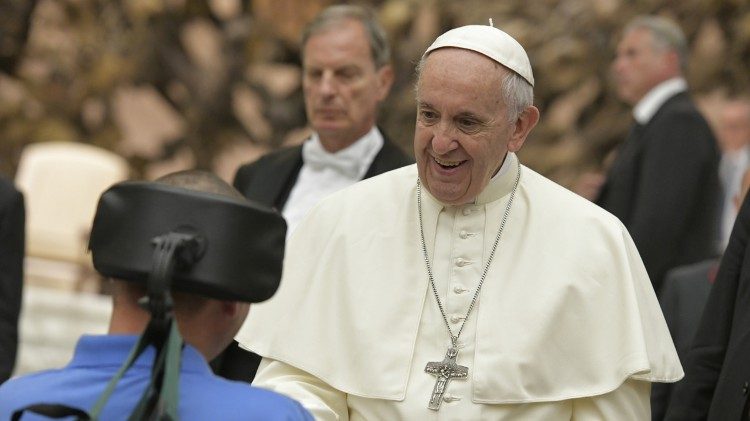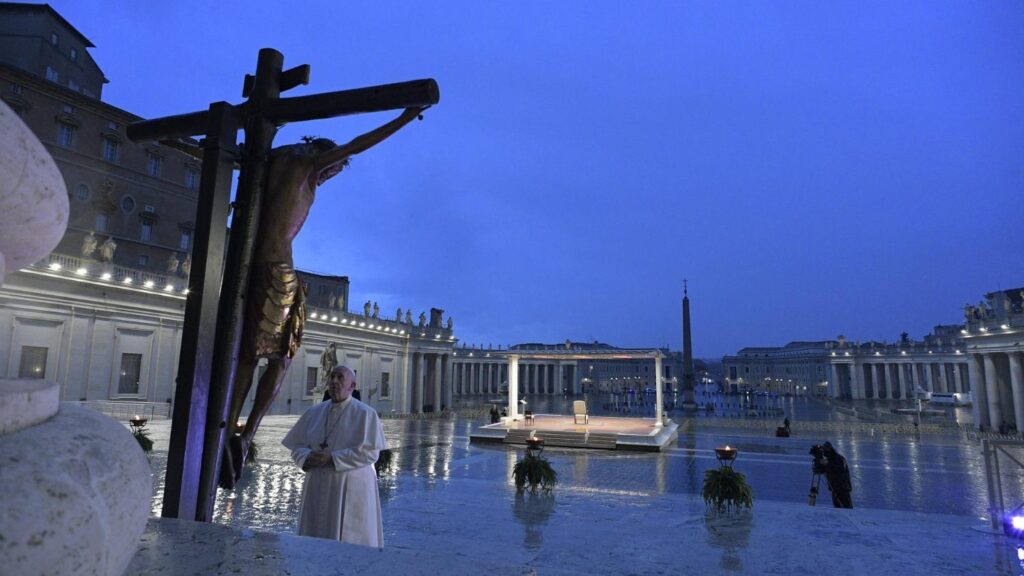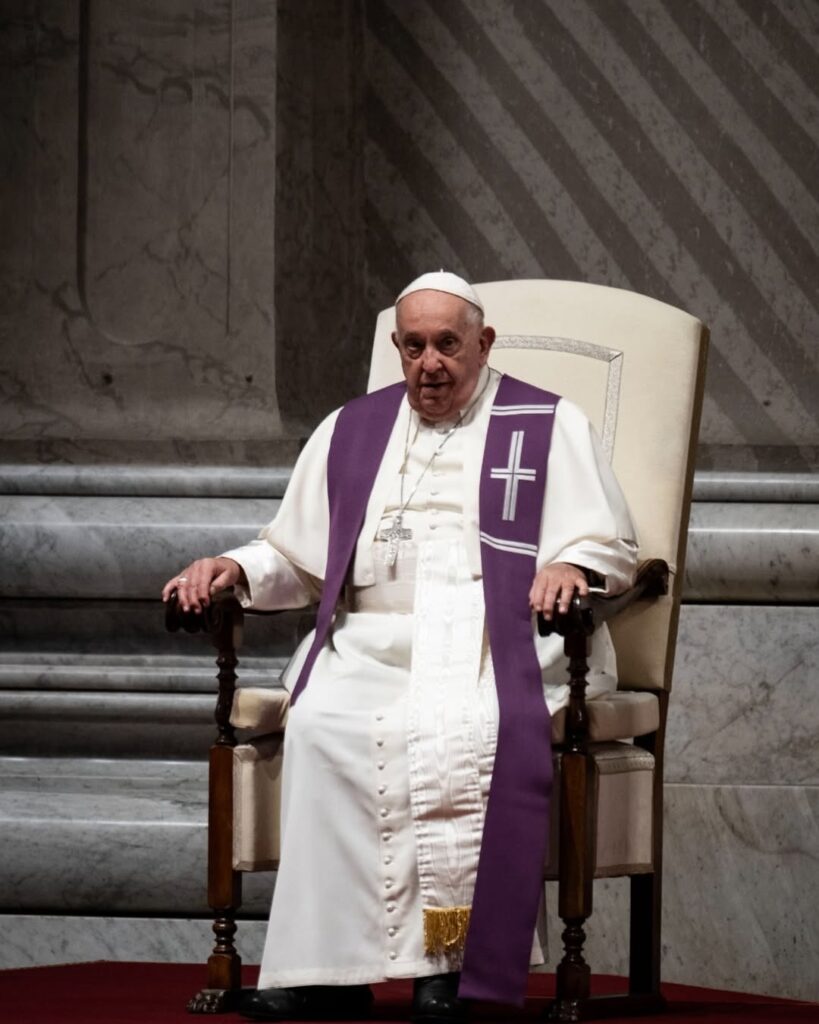School directors are missing
Crisis of authority and vocation

With the school year ending, it is time to make forecasts for the new one and in many cases, it is a problem to find a director for the educational centers. On corporate websites, this figure is requested as a job offer, since there are no candidates among teachers. Religious institutes dedicated to teaching, due to the lack of vocations, are forced to replace religious people with lay people and encounter real difficulties when it comes to volunteering for the position.
Why do we have to place ads to fill a previously desirable job? It is true that, in the case of religious congregations, it was the members of the congregation who occupied the management positions with greater or lesser success. And that in most cases they were not sufficiently prepared. But the vocation and the effort were forging the experience.
According to experts, to be a director, in addition to the abilities of empathy, closeness with teachers and students, efficiency, emotional strength, and sufficient technical preparation, a vocation as a moral leader is also required, which consists more of the availability for help that, in imposition, but without falling into servility. That is, knowing how to motivate. Pope Francis in the mass on January 14, 2020 further stated: “Authority is shown in this: coherence and testimony, Jesus taught as one who has authority.” The Gospel of Mark (Mk 1,21b-28) tells us that Jesus taught in the temple and the reaction that his way of acting with “authority”, unlike the scribes, aroused among people. The authority “which does not consist in commanding and being heard, but in being coherent, being witnesses and therefore, being companions on the path of the Lord.”
But if these capabilities are already difficult to acquire, we must add others to them, such as being a juggler of both material and personal resources.
And to make it even more difficult, assuming a greater workload than his colleagues, when the financial compensation does not cover the hours worked extra.
But there are two reasons that belong more to the current era than to the structural situation of teaching. One is the crisis of authority and the other is individualism that defends its plot, placing personal preferences above the common good.
The first, authority, suffers when the powers of the position are confused with the personal desires of the person in charge. The assembly without leaders tends to be preferred to a debate, for example, led by a moderator.
In the assemblies, apparently, no one imposes himself above the others, being the paradigm of authentic democracy. But if you delve deeper into the subject, not everyone has the same opportunities. Public speaking skills are not the same for everyone, as is verbal fluency, for example. The knowledge on the subject and above all the ability to resist the gag of the need to look good. Who ends up prevailing in the assemblies? The strongest dialectically. An assembly led with authority by someone who knows that some have difficulty expressing themselves, or by someone who helps with reflection, becomes a directed debate where the leader has a clear idea of what needs to be resolved. The authority of the one who directs it prevents small dictators from emerging who impose their criteria. Let’s think, for example, when we have to vote on an issue. The result is different if you vote by show of hands or with ballots.
The bad press of authority comes because it is believed that it makes one renounce one’s own decisions in favor of the decisions of the one he directs. It is not like this. The action or work itself must be available to the common project. He who leads also does so by fulfilling a mandate. He is the repository of the good disposition of others to order action. That being so, authority is a service. When it is not, it becomes authoritarianism.
The crisis of authority is given, both by what has been stated so far, and by the lack of definition of the leader or responsible model. Years ago, the role of a teacher, or a school principal, was very defined. There was authority to make decisions, since they were supported by the community itself. There was a hierarchy. You could get to the job without much experience, but the same system empowered the person chosen for the position.
There was social and material recognition towards the person invested with the corresponding authority. The director acted supported by the rest of society. Today, they are held accountable for everything and are limited in their decisions. Hierarchy is government. And government is service.
The second factor in crisis is not taking into account work for a global project. If everything is individualities that coordinate the minimum, where each one manages his chapel without caring about the entire project, government becomes difficult. It is preferable to stay in one’s own classroom than to waste oneself creating and facilitating the cohesion of an educational project.
There is a fable that tells how a traveler arrives in a city where he meets a man who was sweating profusely while he crushed a stone. The traveler asked the man what he was doing, to which he responded rather grumpily: “Don’t you see it? I’m crushing stones, I’m very hot, very thirsty and my back hurts, so you better leave me alone.” The traveler continued walking and a little further ahead he saw another man who was also breaking stones, although with a somewhat better face. He asked the same question again and the second man replied: “I am working for a living, building a stone wall. It’s hard, but they pay me enough to live without hardship.”
The traveler continued on his way and met a third man who was vigorously hitting a large stone with his pickaxe. He asked her the same question as the previous two. The man stopped his work, smiled and replied: “I am building a cathedral.”
It is necessary to involve everyone in the project, and to do so it is necessary to move from the concrete personal to the community. Generating resources so that this can happen requires an investment of time and effort to help teachers be a team. In religious schools, by participating and defining a teaching model based on the founding charisma, it is easier to demonstrate the project.
Any teacher with a vocation prefers to dedicate himself to teaching rather than directing. But the work of coordinating makes the stones of the previous fable become a cathedral.
We have just celebrated the day of the apostles Peter and Paul, community leaders. They exercised authority as a service and worked to provide the church with structure, adapting it to the needs of the moment. Pope Francis, in the angelus of the holiday, highlighted precisely that: Authority, if it is not exercised as a service, becomes a dictatorship.
On Pope’s Day we see the difficulties of exercising authority in the face of slights to his teaching. The lack of global vision of those who must be the church today is also being a difficulty. The private chapel is defended. The church is being confused with a kind of political party.
Exercising authority and developing a common project are necessary not only for the functioning of the school, but pedagogically they educate the student for responsibility and the common good. Directing, ordering, is also assuming responsibilities. It is a very comfortable position, not to command so as not to compromise on the results. It should be mandatory to learn to exercise authority. When a common project is thought of and carried out, it is because someone has taken responsibility for it.
In the days following the Solemnity of Saint Peter, many dioceses usually publish the appointments of parish priests and pastoral positions. Every time, bishops have it more difficult. Then, in addition to the crisis of authority and the vocation to work for the Kingdom, sacrifice is added. A topic that is suitable for another article: the crisis of sacrifice at work. Jesus continues to be a model of generous dedication, service to humanity and authority in the face of evil. He is the great pedagogue for the fullness of life.
Related

Francis. The Human and Religious Imprint of a Papacy
Isabel Orellana
24 April, 2025
5 min

Cardinal Felipe Arizmendi: With the Risen Christ, There Is Hope
Felipe Arizmendi
24 April, 2025
6 min

You Didn’t Give Up
Exaudi Staff
23 April, 2025
2 min

Sing, pray, give thanks
Mar Dorrio
23 April, 2025
2 min
 (EN)
(EN)
 (ES)
(ES)
 (IT)
(IT)

